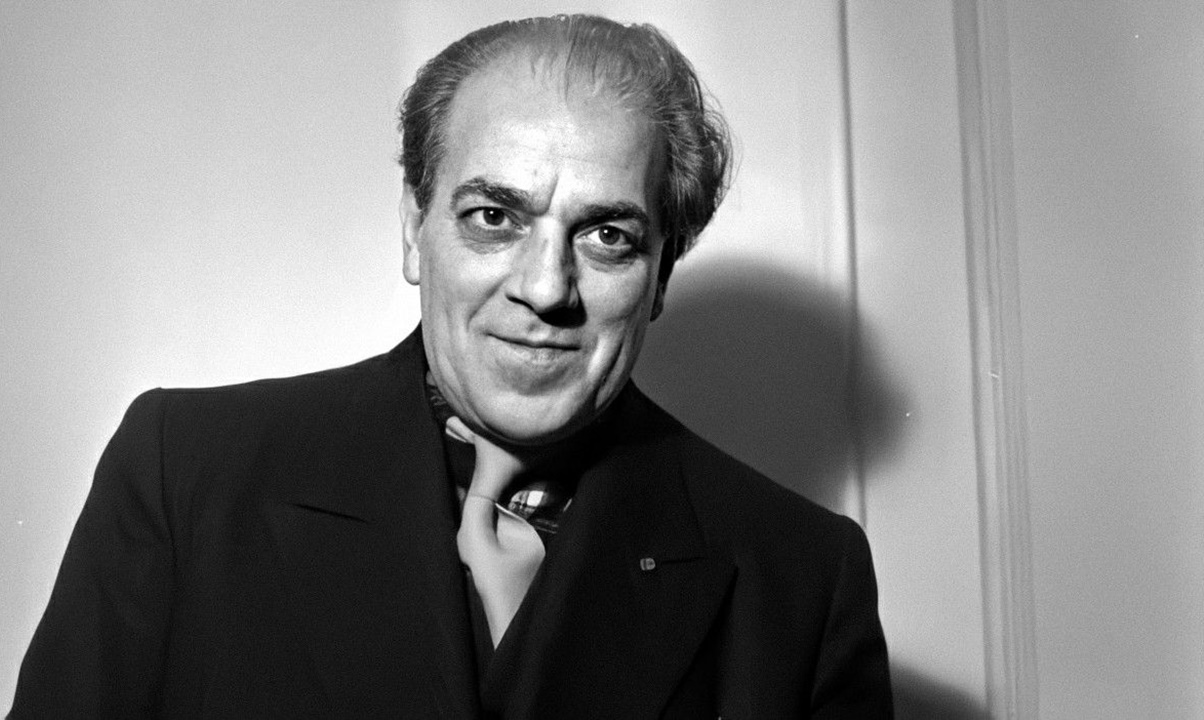
Heitor Villa-Lobos: A Complete Biography
Heitor Villa-Lobos (1887–1959) is widely regarded as the most significant classical composer in Brazilian history and one of the most innovative composers of the 20th[…]

Life and History of Villa-Lobos
Heitor Villa-Lobos was one of the most influential and original composers of the 20th century. His music reflects his deep connection with the rich and[…]